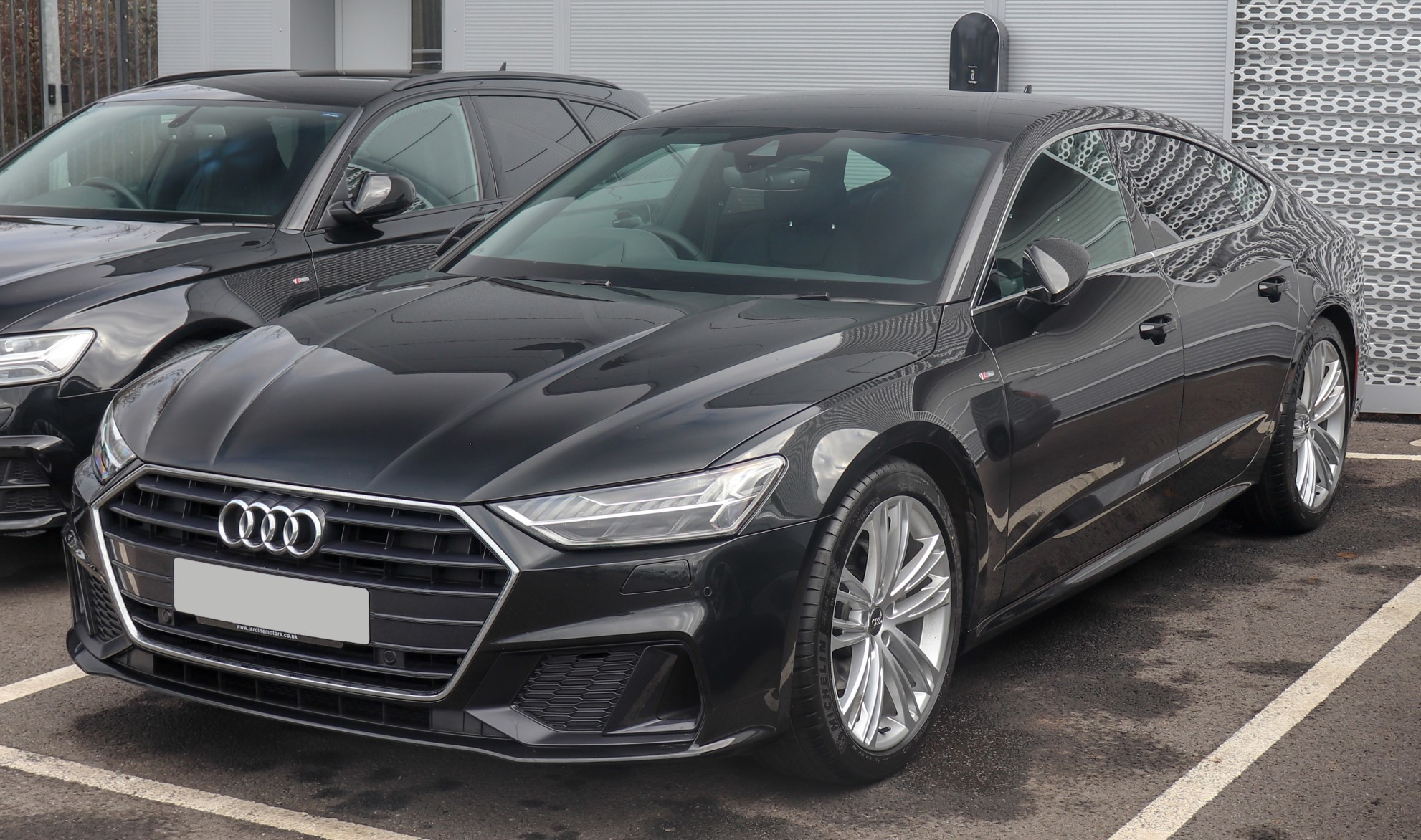Oregon’s rainy climate makes our roads lush and green—but it’s also tough on vehicles. After an accident, even small dents or paint chips can quickly turn into major rust or corrosion issues. At Dabler Auto Body, your trusted auto body shop in Salem, OR, we help drivers understand why acting fast after a collision is essential in Oregon’s damp conditions.
1. Rain Accelerates Rust and Corrosion
Unrepaired paint damage exposes bare metal to moisture. Once rust starts, it spreads beneath the surface, weakening the structure and making future repairs more expensive.
Tip: Schedule paint touch-ups or body repairs quickly to seal out moisture.
2. Moisture Affects Electrical Components
Many modern vehicles have sensors, wiring, and cameras built into bumpers or mirrors. After a collision, cracks or gaps can allow moisture inside, leading to electrical issues or warning lights.
Tip: Have a professional check for hidden water intrusion after any impact.
3. Cold Weather Worsens Minor Damage
Freezing temperatures cause moisture in cracks to expand, spreading paint chips and widening dents.
Tip: Don’t wait for spring—repairs done before winter protect your vehicle from further damage.
4. Road Salt and Debris Speed Up Wear
In icy conditions, road salt and grit stick to your vehicle’s undercarriage, accelerating corrosion on damaged surfaces.
Tip: Wash your car regularly in winter and request undercarriage inspections during collision repair.
5. Prolonged Moisture Weakens Adhesives and Sealants
Moisture can deteriorate adhesives used for bumpers, trim, or even windshield seals, leading to leaks or rattles.
Tip: A full post-collision inspection ensures all seals and fasteners are intact.
Conclusion
In Oregon’s wet and unpredictable weather, time is your car’s worst enemy after a collision. The sooner you get professional repairs, the longer your car will last. Dabler Auto Body offers reliable collision repair in Salem, OR, restoring both appearance and performance—rain or shine.



